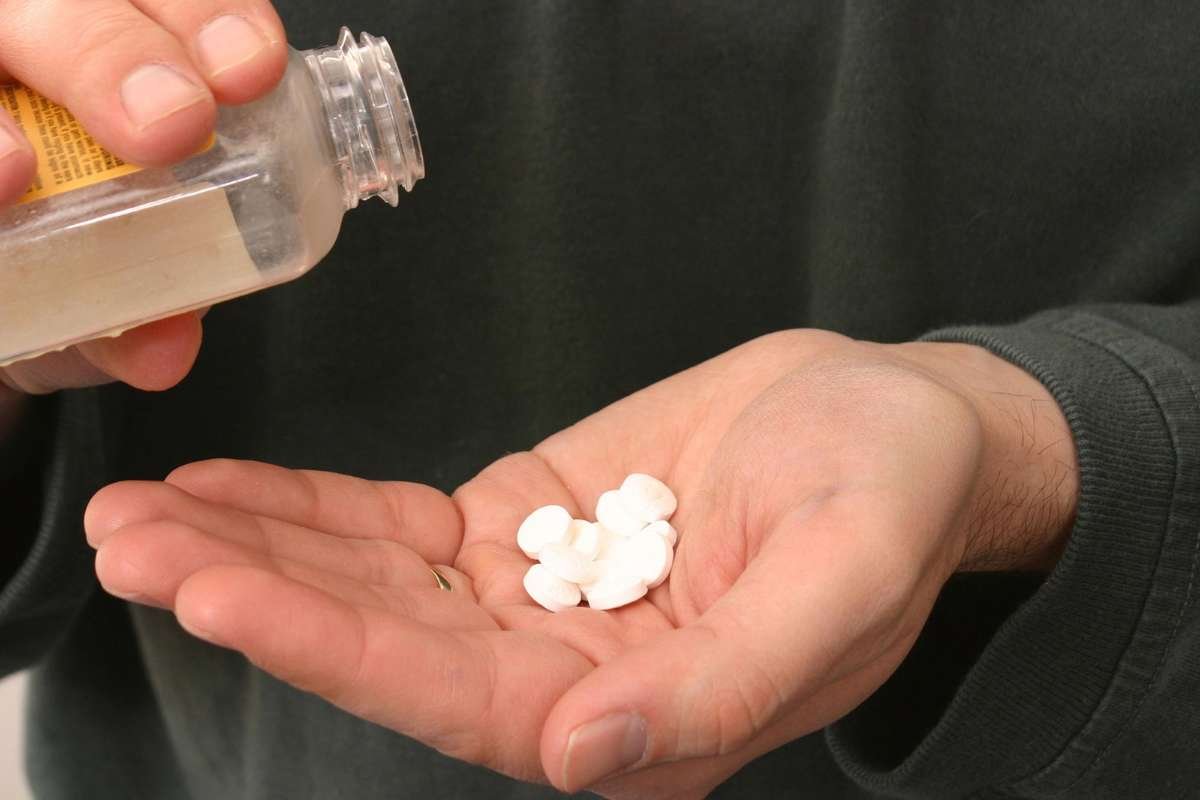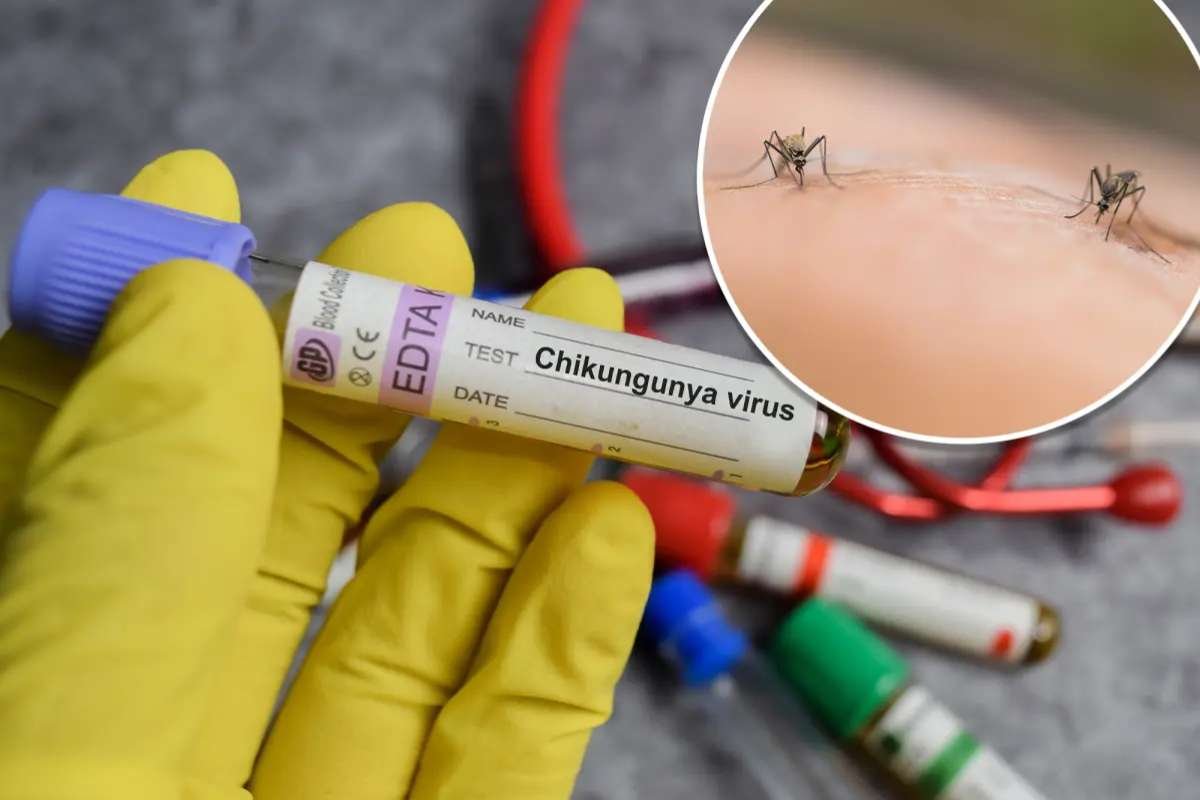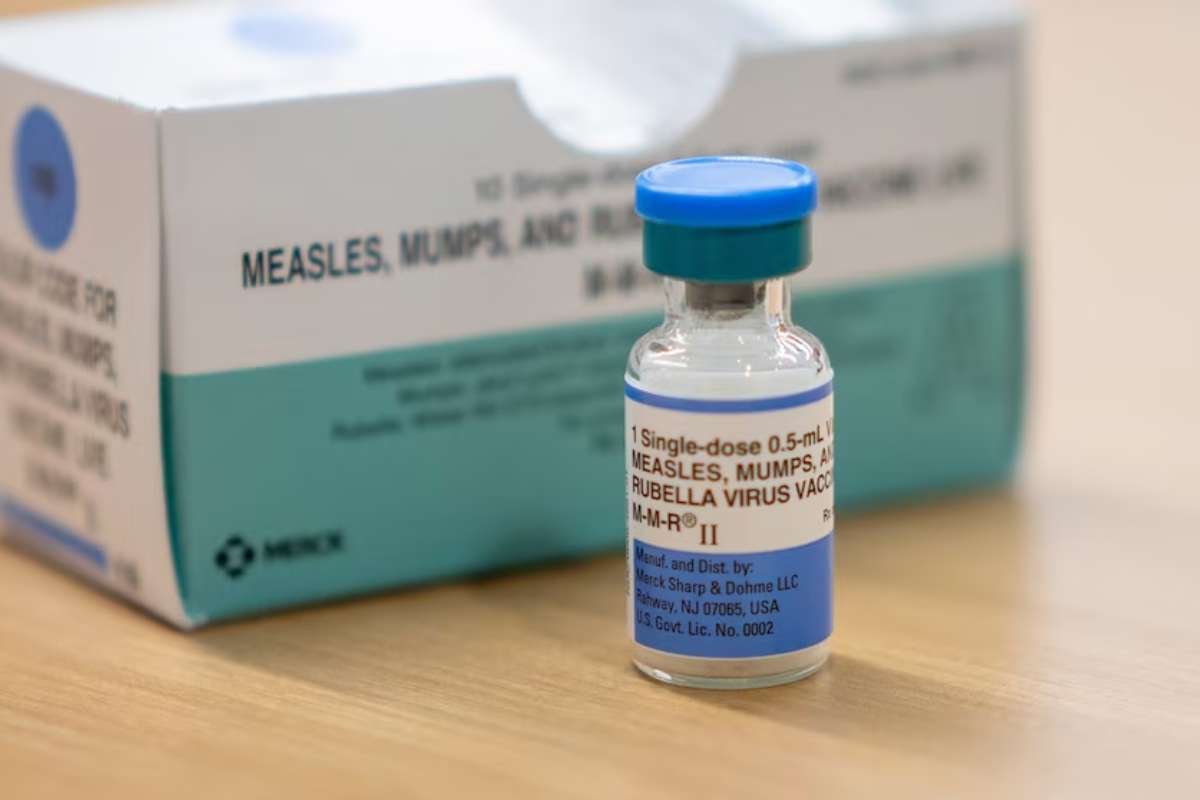Keio University Researchers Develop a New Approach to ALS, Paving the Way for Tailored Treatments
Amyotrophic lateral sclerosis (ALS), a rapidly progressing neurodegenerative disease, claims the lives of many within three years of diagnosis. The disease causes motor neurons—cells responsible for controlling muscle contractions—to deteriorate and die, leading to progressive paralysis. Despite its devastating effects, the molecular mechanisms behind ALS remain poorly understood, and effective treatments are still lacking. However, a breakthrough developed by a team of researchers at Keio University in Japan could potentially change the landscape of ALS treatment.
Revolutionary Method for Studying ALS
In an effort to better understand Amyotrophic lateral sclerosis (ALS) and discover new treatments, Hideyuki Okano and his colleagues at Keio University developed a novel method for studying the disease. Unlike traditional models, this new approach involves creating motor neurons from stem cells derived directly from ALS patients. This allows researchers to study the disease using cells that closely resemble those found in patients, providing more accurate and relevant insights into ALS’s progression.
The team’s findings, published in Stem Cell Reports, highlight a key feature of this innovative technique: it enables researchers to obtain functional and mature motor neurons in just two weeks. This rapid development is crucial for studying ALS, as timing plays a significant role in the effectiveness of potential treatments. When the researchers cultured ALS motor neurons, they observed that these cells, much like those found in patients, were more susceptible to cell death compared to neurons from healthy individuals. This observation underscores the potential of this new system to identify drugs that could slow or prevent the degeneration of motor neurons, offering hope for new treatment options.
Automated Analysis and High-Throughput Screening
To enhance the study of Amyotrophic lateral sclerosis (ALS) motor neurons and facilitate the identification of potential drugs, Okano’s team partnered with Nikon, a Japanese company known for its expertise in imaging and software development. Nikon contributed a specialized software that can track neuron survival in cultures over time, allowing the researchers to monitor cell viability with precision. This software also enables the automation of the analysis process, which is essential for high-throughput screening—the ability to test large numbers of potential drugs quickly and efficiently.
The use of this automated system makes it possible to screen multiple drugs at once, potentially speeding up the discovery of therapies that could slow ALS’s progression. The team also applied their new method to study the drug responses of patients with sporadic ALS, as detailed in a recent Cell Stem Cell paper by Morimoto et al. Their findings revealed a correlation between the iPSC model and the drug responses seen in ALS patients, further validating the potential of this approach.
Towards Personalized Treatments for Amyotrophic lateral sclerosis (ALS)
The ultimate goal of Okano’s team is to use this innovative Amyotrophic lateral sclerosis (ALS) model to identify personalized treatments tailored to the unique needs of each patient. With a method that allows for rapid drug screening and the ability to study individual patient phenotypes, researchers hope to find therapies that can slow disease progression, prolong survival, and improve quality of life. The new model also holds the promise of delivering these treatments in a timely manner, offering a better chance of intervening before the disease causes irreversible damage.
This groundbreaking approach offers a glimpse into a future where ALS treatments are not one-size-fits-all, but rather customized to meet the specific needs of each patient, potentially changing the course of this devastating disease.







